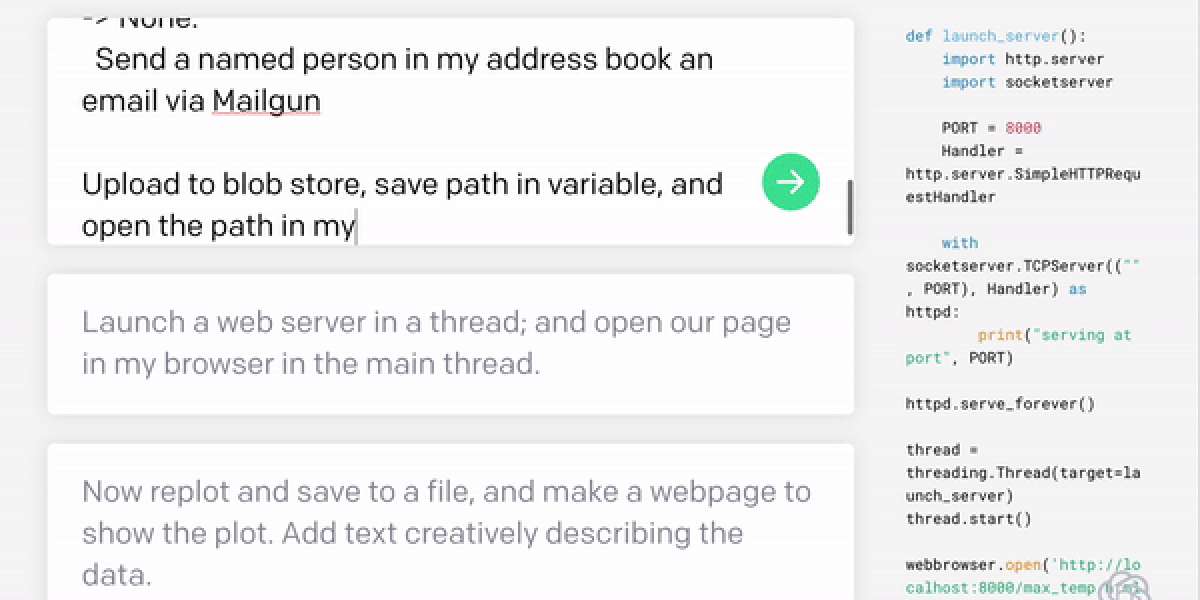Learning to code and become a skilled software developer may seem daunting at first, but with the right approach, anyone can go from complete beginner to pro. Here is a step-by-step guide on how to master software development, even if you're starting from zero.
Choose a Programming Language
The first step is to pick a programming language to learn. Some good options for beginners include:
- Python - General-purpose language that's easy to read and write. Widely used for web development, data science, AI, and more.
- JavaScript - The language of web browsers. Allows you to make interactive websites and web apps.
- Java - Strongly typed OOP language used for many business applications. Good foundation for other languages.
- C# - Used for Windows and web development on Microsoft platforms. Similar syntax to Java.
- Ruby - Excellent for web development, with the popular Ruby on Rails framework. Expressive and readable.
- Go - Compiled language developed by Google. Makes it easy to build fast, reliable software.
You really can't go wrong with any of these languages as your first. Python and JavaScript are the most beginner-friendly options. Consider what kind of development you want to do (websites, mobile apps, data science, etc) and pick a language well-suited for it.
Learn Programming Basics
Once you choose a language, start learning programming fundamentals like:
- Variables and data types - storing information in memory
- Operators - performing actions like arithmetic on variables
- Conditional logic - making decisions with if/else statements
- Loops - repeating blocks of code
- Functions - reusable blocks of code for specific tasks
- Objects and classes - templates for creating program entities
- Arrays and collections - storing ordered data structures
Focus on understanding these core concepts first. They provide the foundation you need for more complex programming later on. Work through beginner tutorials, read documentation, watch instructional videos, and write a lot of "toy programs" to cement your knowledge.
Master the Syntax
Programming languages have strict syntax rules that must be followed. Mastering the syntax is critical for fluency. Some tips:
- Write code daily in your chosen language, even if they're small one-off scripts
- Use an IDE (integrated development environment) with auto-completion and error checking to help learn correct syntax
- Reference documentation frequently to check syntax for unfamiliar structures
- Read well-written code in the language to emulate proper conventions
- Ask for code reviews from more experienced developers to identify any bad habits
With regular practice, the syntax will become second-nature. You'll internalize the structure and patterns of the language to build your coding intuition.
Understand Data Structures and Algorithms
Data structures and algorithms form the backbone of computer programming. Mastering them is crucial for software engineering interviews and writing performant code. Important concepts include:
- Arrays - store data in sequence
- Linked lists - store data with non-contiguous memory
- Stacks and queues - LIFO and FIFO data structures
- Trees and graphs - hierarchical data representations
- Hash tables - key-value data lookup
- Searching and sorting algorithms - find and order data efficiently
Practice implementing classic algorithms like binary search, merge sort, breadth-first search etc. Analyze their space and time complexities. LeetCode is a great platform for exercising algorithms skills.
Build Some Projects
Once you have a good grasp on language basics and programming concepts, start building! Some ideas:
- Simple command line tools - calculators, unit converters, file utilities
- Web applications - to-do lists, wikis, social networks
- 2D games - pong, brick breaker, Pac-man
- Mobile apps - weather tracker, habit tracker
- Automation scripts - file renamers, data entry bots
Think of useful or entertaining tools you'd want yourself. Bring your own ideas to life!
Working on programming projects is the best way to improve. You learn how to: breakdown requirements, structure programs, debug issues, refactor code, integrate with APIs and frameworks. Completing substantial projects gives you confidence and a great portfolio.
Learn Web Development
If you want to build websites, web apps, or client-side interfaces, invest time into web development. Learn:
- HTML - content structure
- CSS - visual styling
- JavaScript - client-side logic
- React, Vue, or Angular - frontend frameworks
- Node.js - JavaScript runtime for servers
- REST APIs - interface for frontend/backend communication
Modern web development combines these technologies. For example, use React to build an interactive UI, communicate with a Node/Express backend via REST API calls, and style everything with CSS.
There's a massive demand for full stack and frontend developers. Mastering web development opens up ample job opportunities.
Explore Other Areas
Here are some other specialized domains worth exploring:
- Mobile development - build native iOS and Android apps
- Game development - use game engines like Unity or custom OpenGL code
- Machine learning/AI - program intelligent algorithms
- Computer graphics - 3D modeling, animation, visualization
- Databases - learn SQL and noSQL database systems
- Cybersecurity - secure systems through encryption and pen testing
Finding an area you're passionate about will keep you motivated. Look at job listings to see what skills are most in-demand and align with your interests.
Never Stop Learning
Software development evolves rapidly. New languages, frameworks, tools, and techniques emerge constantly. Successful developers are always learning.
- Read programming books/blogs
- Take online courses and certifications
- Attend meetups and conferences
- Experiment with new technologies
- Contribute to open source projects
- Stay curious!
Avoid stagnating on old skills. Continue growing your knowledge and experience. Learning programming is a journey without end.
Get a Job
Once you have developed sufficient skills, start applying for developer roles!
- Update your resume and create a portfolio of projects
- Network and talk to people already in the industry
- Check job listings on sites like LinkedIn, AngelList, etc.
- Prepare for technical interviews
- Consider freelancing to gain experience
- Attend career fairs and recruiting events
- Join programmer communities on Slack/Discord
It may take dozens of applications before landing that first dev job. Persist and keep honing your skills. With the right preparation and effort, you can launch a successful programming career.
The path from beginner to pro may seem long, but take it step-by-step. Learn the fundamentals, practice constantly, build projects, specialize in an area, and never stop learning. Be patient with yourself in the process. Programming requires diligence, creativity, and a thirst for problem-solving. Stay motivated and you'll go far.
Before you know it, you'll transform from an absolute beginner to an expert developer. Happy coding!








